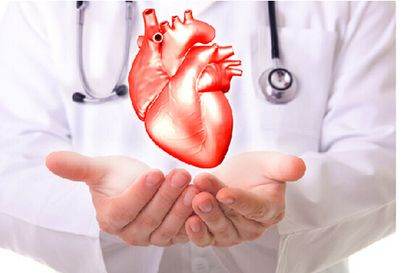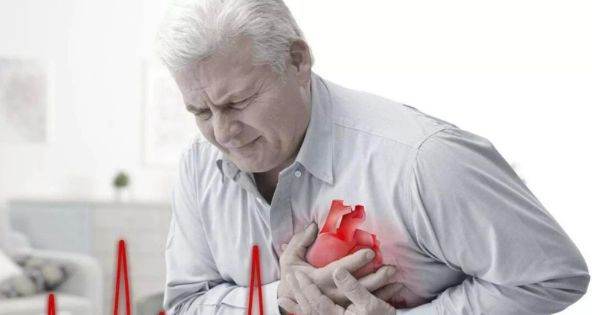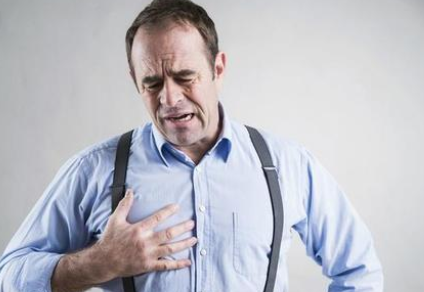Introduction: Coronary heart disease can cause severe mood swings and cardiac discomfort after vigorous exercise in the early stage. Sometimes there will be chest tightness, chest pain, palpitations and other symptoms, and sometimes back pain. Especially the left arm sometimes has discomfort. Some of the other patients may experience loud noises, chest tightness, or unexplained fast heartbeats.what are the common symptoms of coronary heart disease?

The common symptoms of coronary heart disease
1. Shortness of breath.
It is a common symptom of coronary heart disease, feeling that there is not enough air or difficulty breathing. Characteristically, this shortness of breath worsens with activity, lessens with rest, worsened with supine, and lessened with sitting. 2, fainting. Heart rate disorder, too fast, too slow, conduction block, cardiac arrest, etc.
are common symptoms of coronary heart disease. Because the brain is very sensitive to hypoxia and insufficient blood supply to the brain, mild patients sometimes experience symptoms of coronary heart disease such as dizziness or syncope. 3, chest tightness. Unexplained chest tightness, chest pain, heart or abdominal discomfort, pay attention to coronary heart disease symptoms of coronary heart disease angina pectoris.

Generally chest tightness and chest pain caused by coronary heart disease can radiate to the front chest, retrosternum, left shoulder, jaw, left arm and back; the nature of the pain can be gloomy pain, tenderness, urgency, but occasionally there will be knife-like pain, The pain is like a tingling. When there is pain, I dare not work, and when it is severe, it will be accompanied by sweating; the pain usually lasts for a few seconds to a few minutes, and it is often relieved by containing nitroglycerin under the tongue.
2. How to prevent
One is to pay attention to personal mental health. A good mood is the guarantee of maintaining physical and mental health. Anger and tension will make the sympathetic nerves highly excited, the content of catecholamines in the blood will increase, and they will act on the blood vessels. The vasoconstrictive pressure will increase, and the myocardial oxygen consumption will increase. Therefore, patients with coronary heart disease should try to avoid emotional excitement, mental tension, sadness and joy, and try to maintain stability in daily life.

The second is to strengthen physical exercise and participate in appropriate physical activities. When exercising, don’t be overly intense, overly fatigued, don’t spend too much time, don’t cause physical discomfort, and please appropriately control the amount of exercise according to your own situation. Morning and evening walks, gymnastics, tai chi, etc. It is also possible to participate in recreational activities such as dancing the seniors disco.
While continuous and regular training can help improve heart function, avoid continuous hectic work and sudden hard work, sudden lack of time for a car, etc. When angina occurs suddenly, stop all activities immediately and rest in place.
Read more tips about health and fitness http://www.growmorehealth.com
